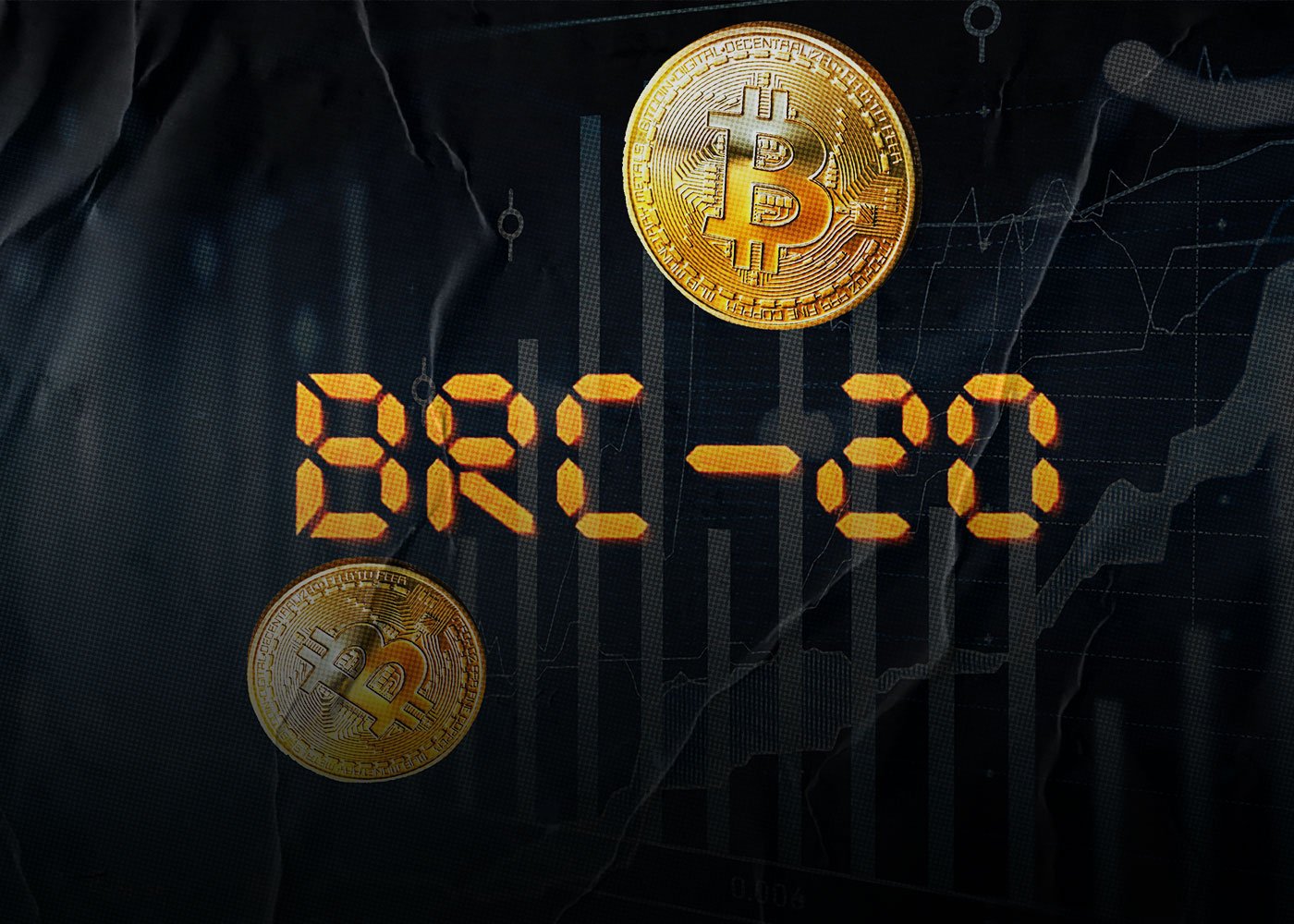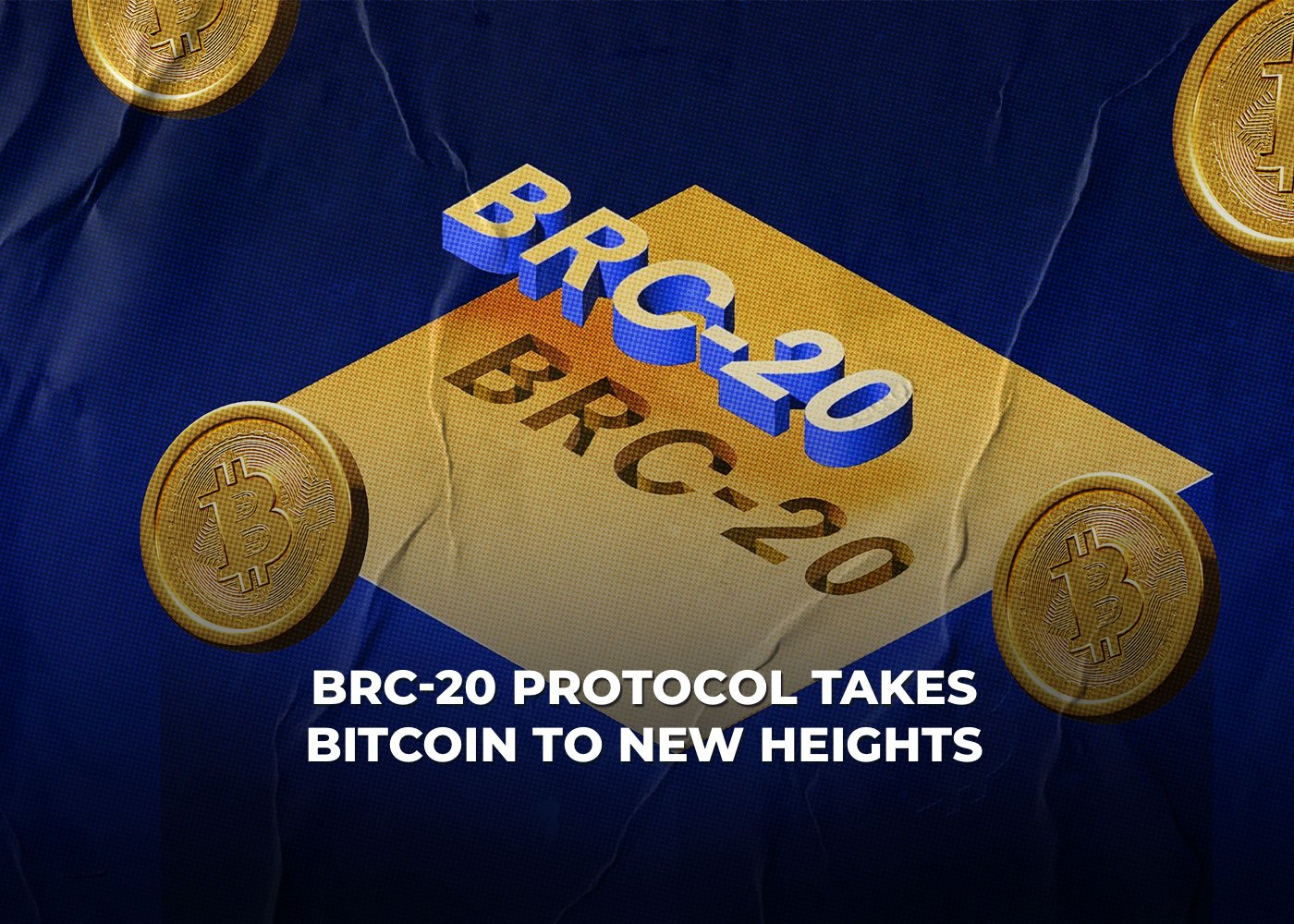
The surge of BRC-20 tokens on the Bitcoin network contributed to the network’s ability to handle a record number of transactions per block and an all-time high in average TPS. Bitcoin is being tested by the rise of BRC-20 tokens and NFTs. The average number of transactions executed in a single Bitcoin block on May 7 was 4,373. According to the numbers, this is an all-time high.
A New Record in the Bitcoin Network
Bitcoin can only handle around 7 transactions per second at most. Since other systems, like visa, can handle more than 1,700 TPS, this has been criticized for its lack of processing capability. Nonetheless, it had never been put to the test before May 7 when the TPS hit 8.4.
BRC-20, the new standard for Bitcoin issuance, swamped the network with little transactions of only a few pennies (exactly 0.00000546 BTC), accounting for the tiny difference between the theoretical maximum limit and the one attained. Bitcoin was able to function beyond its theoretical maximum because of these little transactions.

Bitcoin’s Security Is a Major Pull Factor
Each transaction was verified in the most secure cryptocurrency network, which is a major factor in TPS reaching this critical milestone.
Bitcoin is the most popular cryptocurrency that uses the Proof-of-Work (PoW) consensus algorithm, the security of which is proportional to the network’s hashrate. At the same moment as Bitcoin’s transaction per second (TPS) record was broken, the hashrate of the first cryptocurrency hit 439 EH/s, a new record. This degree of safety is not provided by any other cryptocurrency network.
The hashrate is crucial to Bitcoin’s safety because it reduces the likelihood that a single actor may control 51% of the network’s hashrate and so launch a successful assault. Since those with such a high hashrate may dictate protocol changes.








